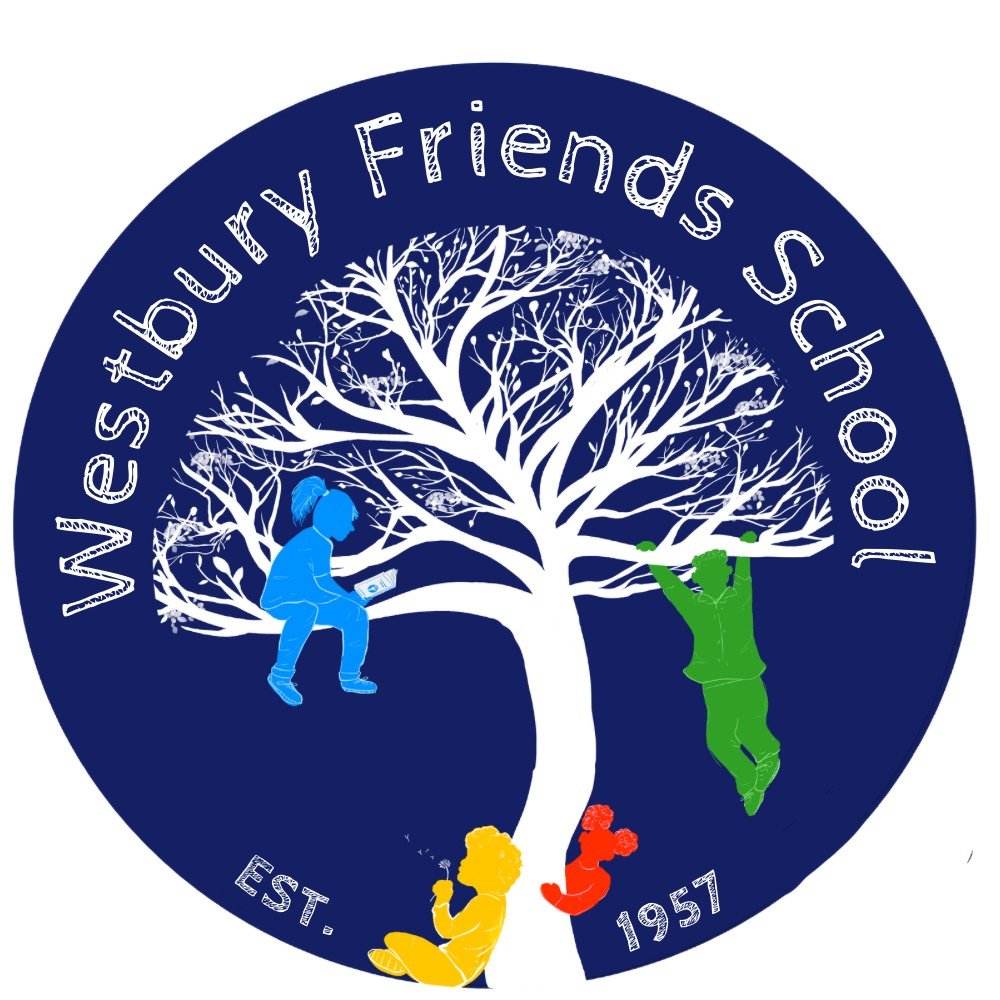Nursery
Play is the Work of Children
Supports All Areas of Development
Various Activities
Numerous Learning Opportunities
The Nursery program and environment is carefully designed to support all areas of development. The classroom is the workshop, allowing each child to move fluidly through a variety of activities. They encounter numerous learning opportunities, which help to strengthen their self-direction and decision making skills. The ‘play based’ day provides ample opportunity for the social, physical, intellectual, creative, emotional and spiritual dimensions in each child to develop and thrive.
The nursery classroom is a community- a place where learning occurs through positive relationships between and among children and adults. Children learn the skills they need for making friends, solving social problems, sharing and caring and establish values and behaviors necessary in a well-rounded individual. In this nurturing environment, each member is a learner and a teacher.
For your child to be successful in school and in life, it’s vital for them to have strong communication skills. These skills include both speaking and listening.
At this age, your child will practice communication as they express their needs and wants, participate in group activities, and ask questions about what they’re learning. They’ll also have the opportunity to talk about their thoughts and feelings.
The Nursery curriculum is based on an understanding of how children develop and grow. Three year olds are often described as being in transition. They are moving from their toddlerhood to discovering their newfound ability to express themselves in ideas and words. They are beginning to trust others outside their family and are seeking to gain independence and self-control. They are asserting themselves socially and observing the world around them. They are experimenting with their surroundings and delighting in noting cause and effect. In addition, three year olds are changing physically, growing in their agility and coordination.
Being aware of this, the Nursery program at WFS is designed to support these areas of development. As each child moves fluidly through classroom centers, strengthening their self-direction and decision making skills, they will encounter numerous learning opportunities. Designed and equipped to strengthen social, physical, intellectual, creative, and emotional development in each child, the ‘play-based’ day provides ample opportunity for them to grow.
The Nursery classroom is a community – a place where learning occurs through positive relationships between and among children and adults. Children learn the skills they need for making friends, solving social problems, sharing and caring, and establishing values and behaviors necessary in a well-rounded individual. In this nurturing environment, each member is a learner and a teacher.
General information about program and learning goals and objectives for Nursery students are meant to give parents a framework of reasonable expectations of their child, all the while bearing in mind that each child is unique in their pattern of development. Each child will move through the curriculum at his or her own pace as childhood is a journey, not a race!
Language Arts
Nursery students are still in the process of practicing language so this is a year when the focus is on language development. Some three-year-olds enter Nursery speaking in single words only; others use full descriptive sentences. By the end of the year, students are able to communicate their wants, needs, and feelings and use keywords like, “please,” “thank you,” and “excuse me.” Nursery students are exposed to letters in a text rich environment and language development is stimulated through a multi-sensory approach.
Mathematics
Manipulative hands-on experiences are key to the introduction and understanding of basic math concepts relative to a Nursery student. Students are helped to see math all around them in the form of numbers, words, activities, patterns, sequences, sorting and classifying and a myriad of other concepts that encompass mathematical thinking.
Science and Social Studies
The Nursery Science curriculum is an exploration of the world around them. Three year olds discover their world through a total sensory approach. The classroom, home, the outdoors and basically every environment in which they exist is their laboratory and their five senses are the tools through which they develop an understanding of the real world. Physical Science (the physical properties of objects and materials, for example, sweet/salty, squishy/hard/soft), Life Science (plants, animals, the five senses, human body, etc.) and Earth Science (environments and nature) are all interwoven into the Nursery science curriculum. The Nursery Social Studies curriculum explores the everyday life of three year olds within their classroom, school community and family.
Music and Movement
Music instruction in the Nursery class is designed to expose and familiarize students with many different musical experiences. This is accomplished through listening, reading, playing instruments, singing, and creative movement. All these areas are utilized together to give each student the fullest possible experience with music every day.
Art
Art opportunities present themselves daily in the Nursery program and help to develop key fine motor skills. Some of these activities, include, but are not limited to:
Painting with brushes and finger paints
Drawing with crayons, chalk, pencils, markers, etc.
Collage making
Pasting and gluing
Printmaking with various objects
Recycle-able Art Projects
Group murals and group 3D creations
Working with play dough
Wood sculpture
All of these experiences focus on providing the Nursery students with the ways and means through which they can express their ideas, observations and feelings through their art. It is the process of art, not the final product that is important in the Nursery class. Students typically cook one time per week, as well.
Social/Emotional Development
Nursery students are learning to trust that the adults in their world will take care of them. Trust gives them confidence to become independent and, in turn, to feel pride at being able to accomplish something on their own. They are becoming more and more able to express themselves through words and ideas, thereby opening up a new and exciting social world to explore and enjoy.
“Children need the freedom and time to play. Play is not a luxury, it is a necessity.”
-Kay Jamison







